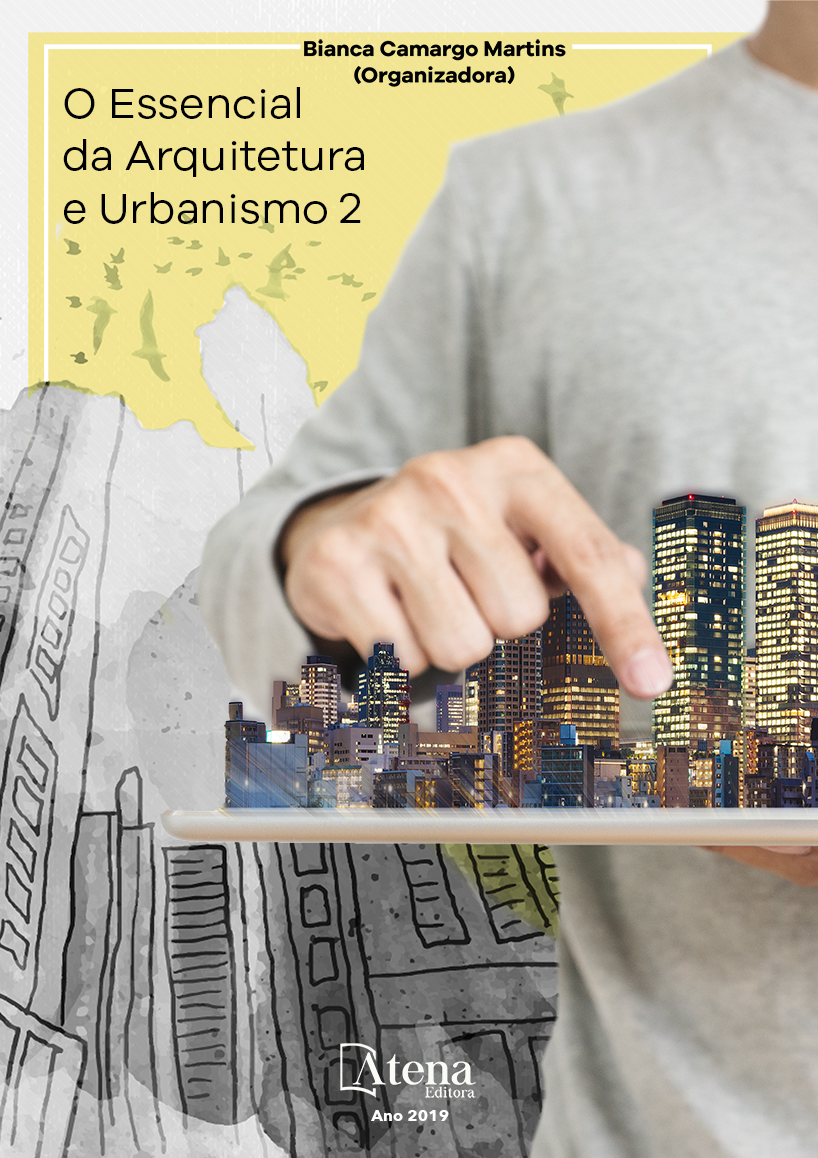
ITINERÁRIOS DA MEMÓRIA: O CEMITÉRIO COMO ESPAÇO DE EDUCAÇÃO PATRIMONIAL
Belo Horizonte é uma cidade
moderna, nascida na virada do século XIX,
revelou-se como uma proposta nova em relação
ao Arraial do Belo Horizonte, antigo núcleo
colonial, local escolhido entre outros e sobre
o qual foi erguida a nova capital do Estado
de Minas Gerais. Esta proposta perpassava
desde a composição estética - arquitetônica
dos logradouros e prédios, bem como o perfil
dos moradores que, além de serem novos e
modernos, deveriam possuir novos hábitos e
comportamentos naquilo que se relacionava
ao convívio social. E neste convívio inclui - se
a morte. E foi nesse contexto que o Cemitério
do Bonfim nasceu. Nele podemos enxergar a
mentalidade burguesa que norteou os princípios
fundadores da capital, através da avaliação de
sua arquitetura, dos artistas - artesãos que nele
trabalharam e produziram artefatos tumulares
singulares. O espaço foi, durante quase cinco
décadas, o único local de sepultamento da
metrópole e, nesse sentido, guarda a memória
da cidade e de seus habitantes. Trata-se de
um espaço no qual diversas possibilidades
de compreensão perpassando pela memória
individual, coletiva, social, celebrativa e cívica.
Estas questões vêm sendo exploradas através
de um projeto de visitas guiadas, desde o ano
de 2012, que possui como objetivo básico
propor uma discussão sobre a qualidade do
acervo contido no espaço cemiterial e suas
potencialidades como lugar de educação
patrimonial e cultural. Nesse sentido são
construídos roteiros e trajetos de memória,
através dos quais possam ser compreendidos
os sentidos que cidade dos mortos estabelece
com as cidades dos vivos.
ITINERÁRIOS DA MEMÓRIA: O CEMITÉRIO COMO ESPAÇO DE EDUCAÇÃO PATRIMONIAL
-
DOI: 10.22533/at.ed.66119170418
-
Palavras-chave: Educação Patrimonial;Cemitério;Roteiros; Visitas Guiadas; Belo Horizonte.
-
Keywords: Patrimonial Education; Cemetery; Guided tours; Belo Horizonte.
-
Abstract:
Belo Horizonte is a modern city,
been born in the turn of century XIX, showed
as a proposal new in relation to the Arraial of
the Belo Horizonte, old colonial nucleus, local
chosen among others and on which the new
capital of Minas Gerais State was raised. This
proposal passing through since the aesthetic
composition - architectural of the public
parks and building, as well as the profile of
the inhabitants who, beyond being new and
modern, would have to possess new habits and
behaviors in what he became related to the social conviviality. E in this conviviality
includes - the death. E was in this context that the Bonfim Cemetery was born. In it we
can enxergar the bourgeois mentality that guided the founding principles of the capital,
through the evaluation of its architecture, of the artists - craftsmen who in it had worked
and produced devices tumulares singular. The space was, during almost five decades,
the only place of burial of the metropolis and, in this direction, it keeps the memory
of the city and its inhabitants. One is about a space in which diverse possibilities of
understanding running through for individual, collective, social, celebrative and civic
the memory. These questions come being explored through a project of visits guided,
since the year of 2012, that it possesss as objective basic to consider a quarrel on the
quality of the quantity contained in the cemiterial space and its potentialities as place of
patrimonial and cultural education. In this direction to scripts and passages of memory
are constructed, through which the directions can be understood that city of deceased
establishes with the cities of the livings creature.
-
Número de páginas: 15
- Marcelina das Graças de Almeida


